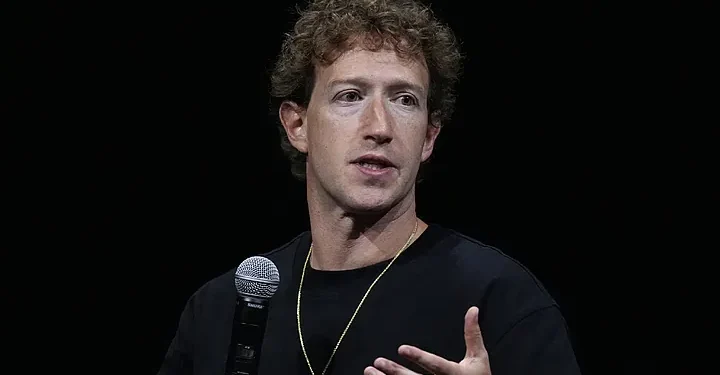In a bold statement, Mark Zuckerberg has revealed the anticipated end of mobile phones as we know them, signaling a massive shift in how we interact with technology. According to Zuckerberg, the replacement will come in the form of more advanced, immersive devices that will revolutionize communication, entertainment, and productivity. This change, he predicts, will follow a similar trajectory to the evolution of personal computers—where desktops and laptops became the dominant computing devices, replacing older technologies like typewriters or simple calculators. Zuckerberg’s vision suggests that, in the near future, a new wave of technology will render the traditional mobile phone obsolete.
The key to this transformation lies in the rapid development of augmented reality (AR) and virtual reality (VR) technologies, which Zuckerberg has long championed through his company Meta. The goal is to create a seamless, hands-free experience where individuals interact with their digital world through wearable devices or even implants. This would eliminate the need for physical phones, as users would be able to access everything—from messaging and calls to browsing and media consumption—through their immersive digital interfaces. Zuckerberg envisions a future where the line between the physical and virtual world blurs, offering users a more natural, intuitive way of interacting with technology.
This shift raises intriguing questions about the societal and economic implications of such a transformation. While the end of mobile phones might seem far off, Zuckerberg’s remarks underscore the rapid pace at which technological innovation is advancing. The replacement of mobile phones could lead to significant changes in industries like telecommunications, app development, and consumer electronics. Furthermore, it could reshape how we socialize, work, and consume media, as new forms of digital interaction emerge. As Zuckerberg and others push for a future dominated by AR and VR, the world may soon find itself at the precipice of a digital revolution, one that challenges the very concept of what a “phone” really is.










